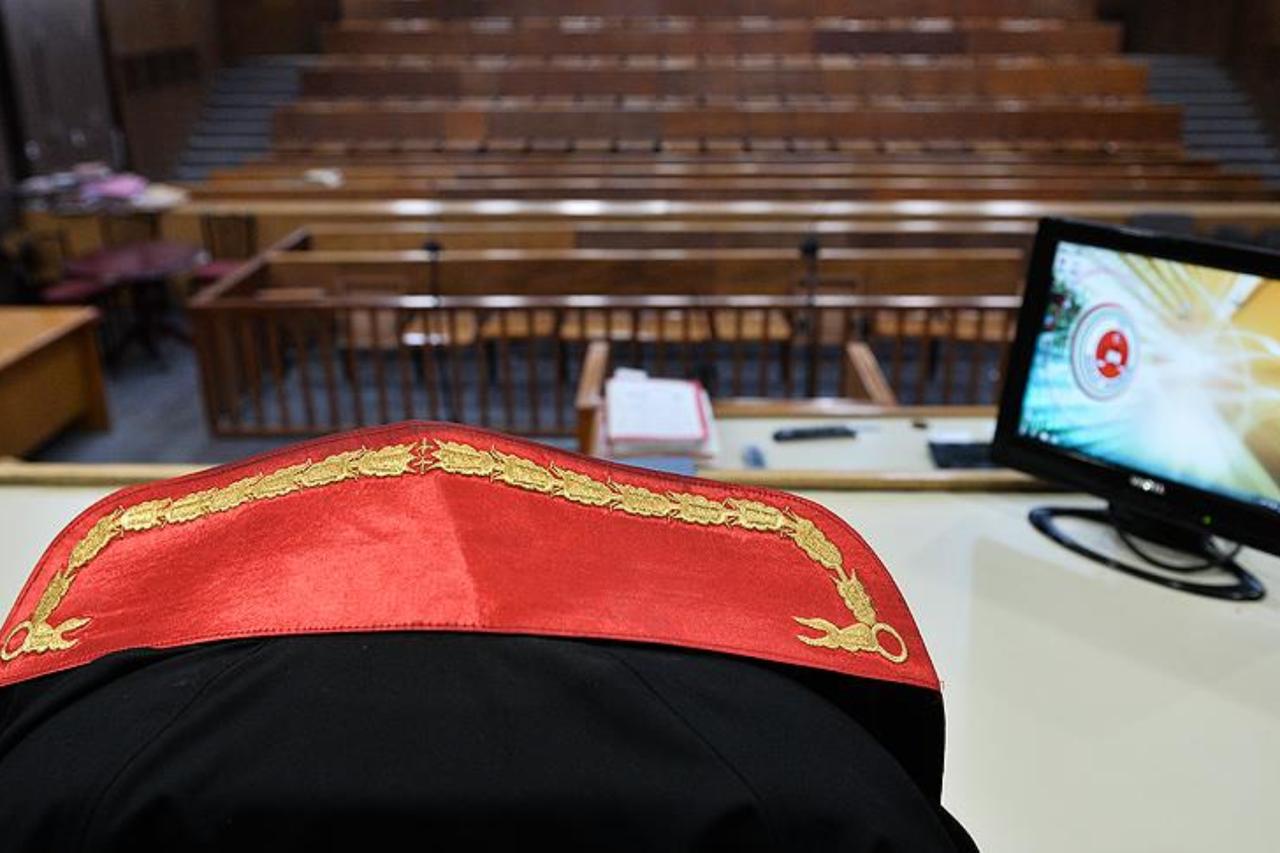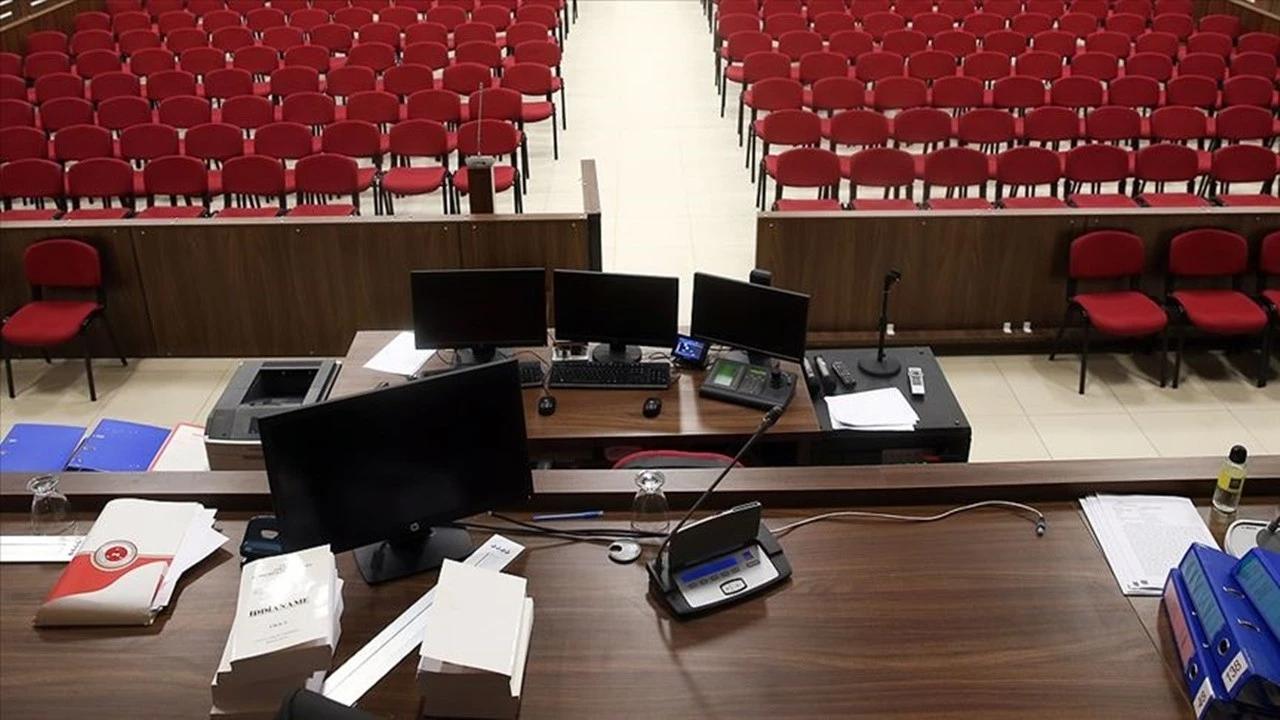
On Friday, Oct. 24, jailed ex-mayor of Istanbul, Ekrem Imamoglu, and his campaign director, Necati Ozkan, became the subjects of an inquiry launched by the Istanbul Chief Public Prosecutor’s Office.
For the first time in modern Turkish politics, a major opposition figure and potential presidential contender faces a formal espionage investigation.
According to an official statement, the probe, overseen by the Bureau of Terror Crimes Investigations, stems from digital materials seized from Huseyin Gun, who was arrested on July 4 on espionage charges.
Prosecutors allege that Gun maintained “connections with several foreign intelligence officers” and held “directive-level meetings” with Ozkan.
This marks a turning point in Türkiye’s political landscape: never before has a figure of Imamoglu’s stature been directly targeted by an espionage case ahead of a potential national election.
Several countries, and even allies sometimes, routinely conduct espionage operations and surveil each other.
Yet the fact that such activities are being legally pursued and publicly exposed in a country carries particular significance for what it reveals about the anxieties of its society and policymakers.
Espionage rhetoric in Turkish politics is not new. During the 1950s, the ruling Democrat Party often accused members of the opposition Republican People’s Party (CHP) of being “pro-Soviet” or “collaborators with Moscow.”
These allegations, however, never reached the courts; they remained rhetorical tools in an ideological tug-of-war between Türkiye’s Western alignment and domestic opposition.
The claims, on the other hand, in terms of reflecting the anxieties of a nation redefining its identity amid Cold War pressures, tell a lot.
“Communist sympathizer” became shorthand for political dissent, a linguistic precursor to later judicial tactics, but not for politicians, not yet.
The 1970s brought the term “espionage” into the legal arena. In the wake of the 1971 military intervention and later the 1980 coup, leftist intellectuals and politicians faced accusations of “spying for the Soviets.”
Figures such as Ilhan Selcuk, Dogan Avcioglu, and Ilhami Soysal were prosecuted under the “9 March Junta” case, charged with acts perceived as threatening national security.
Within this climate, espionage became a political instrument to judge the biggest intellectuals of the contemporary history of Türkiye and became an extension of the state’s anti-communist reflex rather than criminal prosecutions.
Following the 1980 coup, the discourse of espionage shifted toward charges defined as “activities against the state.”
The politicians of the separatist movements, including former Democracy Party (DEP) deputies Leyla Zana and Hatip Dicle, were prosecuted for “collaboration with foreign powers” and “undermining national unity.”
In a period when separatist violence and the emergence of the terror group PKK posed a serious threat to Türkiye’s territorial integrity, these measures were widely seen and proved grounded.
At a time when militant groups sought to exploit political openings, Ankara viewed such actions as essential to safeguarding the unity of the Republic and preventing the erosion of state authority in its most vulnerable regions.

In the early 2010s, espionage accusations resurfaced in the form of sprawling trials targeting journalists, academics, and military officers.
The so-called “Military Espionage,” “Balyoz (Sledgehammer),” and “Ergenekon” cases accused defendants of obtaining or leaking state secrets.
These proceedings later unraveled as part of the broader judicial architecture attributed to the terrorist group Fetullah Terrorist Organization (FETO) network within the state.
Courts ultimately overturned many convictions, recognizing them as politically engineered operations designed to weaken secularist and military opposition.
The era left a lasting imprint: “espionage” had once again become a malleable legal category for power consolidation.
Prominent cases included those of Die Welt correspondent Deniz Yucel and journalist Can Dundar, currently in exile, both charged with “revealing state secrets” and “espionage.”
Dundar’s case, in particular, drew global attention when he was prosecuted for publishing footage purportedly showing Turkish intelligence shipments to Syria.
Recent precedents include the 2017 arrest of CHP deputy Enis Berberoglu and the 2021 detention of DEVA Party founding member and former officer Metin Gurcan, both accused of espionage-related offenses. Yet neither carried the symbolic or electoral weight of the current case.
The current investigation involving Imamoglu, Ozkan, and Yanardag represents uncharted territory.
For the first time, the accusation of espionage directly intersects with Türkiye’s electoral politics. The prosecution’s claims—based on data allegedly retrieved from a suspect’s digital devices—suggest a significant expansion of the espionage framework into the domain of political competition.
This development is unprecedented in Türkiye’s history: an opposition leader who could potentially challenge the presidency is now under investigation for one of the gravest national security crimes, and beyond rhetoric.
The move also echoes patterns observed in other regional contexts—such as Egypt, Sudan, and Iran—where espionage investigations have uncovered genuine intelligence networks and covert operations against figures who are related to Mossad, which focuses on covert operations outside of Israel.
From Cold War communism to post-coup polarization, espionage charges in Türkiye have adapted to the needs of their era.
Yet in a region where neighboring states are struck by hundreds of salvos and covert operations are part of daily reality, the gravity of such accusations has also grown accordingly in Türkiye.